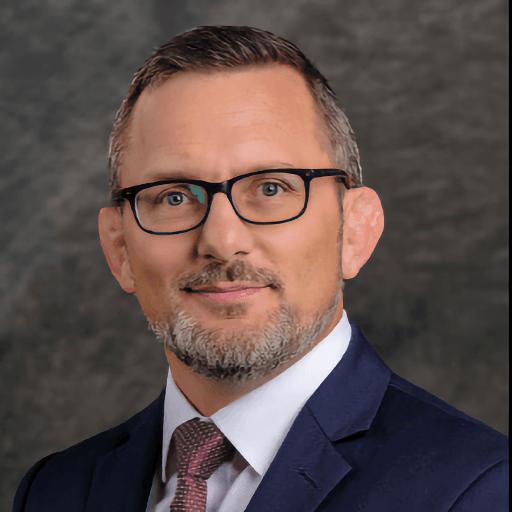
Tim Dernlan
2024 Speaker Topic
Identifying and Training New Board Members
What qualifications, skills, and personality traits should we look for in classical Christian school board members? What is the process for finding board members? How long does it take to find board members? How do we onboard new members and ensure proper training in board governance so that we remain committed to our mission, vision, and strategic plan? If you have asked any of these questions, you are not alone. These are all common questions of classical Christian school boards that will be addressed during this workshop.
The Conflict-Free School: Why You Cannot Have One and What to Do About It
Disagreements and disappointments are inevitable for all Trustees and Administrators but few are ready once conflict hits their school culture. After their work helping school leaders and boards through varying degrees of relational turbulence, Dr. Timothy Dernlan and Dr. David Seibel provide a biblical framework navigating challenging the conflicts that can kill a school culture. Attendees will walk away with a simple framework for assessing the degree of conflict as well as a set of strategies for responding to the most common disagreements that occur in schools.
